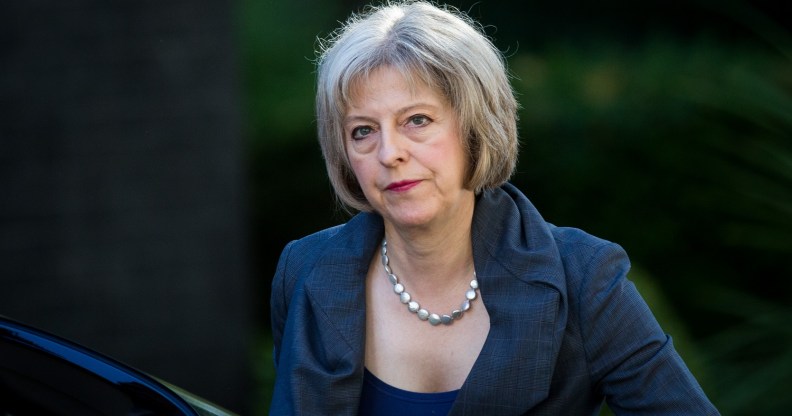Government challenged to act on ‘unfair’ system for LGBT asylum seekers

The government has been challenged to act, to ensure LGBT asylum seekers facing persecution will be treated fairly.
The system has previously been slammed for systematic unfairness – with asylum seekers often forced to go to extreme lengths to ‘prove’ both their sexuality and that they face persecution for it.
Home Secretary Theresa May ordered a review of the way that LGBT cases are handled last year and accepted the case for reforms – but campaign groups say little has changed and the system is still “extremely unfair”.
Raising the issue in the House of Lords, Lib Dem peer Lord Scriven asked the government when they plan to implement the recommendations of the industry inspector on the issue.
Home Office minister Lord Bates replied: “The Home Office has been actively working to implement the recommendations. An updated asylum instruction considering sexual identity issues in the asylum claim has been issued.
“Approved training for staff is under development. These will ensure the sensitive and effective exploration of asylum claims based on sexuality. The Home Office is conducting ‘second pair of eyes’ checks on all such claims to ensure the consistent recording of cases and more accurate data.”
Howeve, Lord Scriven warned that an action plan on the issue drawn up with third sector groups “has become more plan than action”.
Lord Bates replied: “We have accepted all [the inspector’s] recommendations and they are in the process of being implemented.
“I do not have a final date for when that will be concluded, but I shall certainly speak with officials about that and write to him.”
The Home Office was recently forced to suspend its system to “fast track” asylum cases it believes have no merit, after a High Court justice ruled the system contains “structurally unfairness”.
The Detained Fast Track system often plays a key role in removal of LGBT asylum seekers, allowing the government to seek removal in as little as 22 days. In the past has been strongly criticized by groups that represent LGBT asylum seekers, who say it does not give them long enough to prepare their case and is biased against them.

